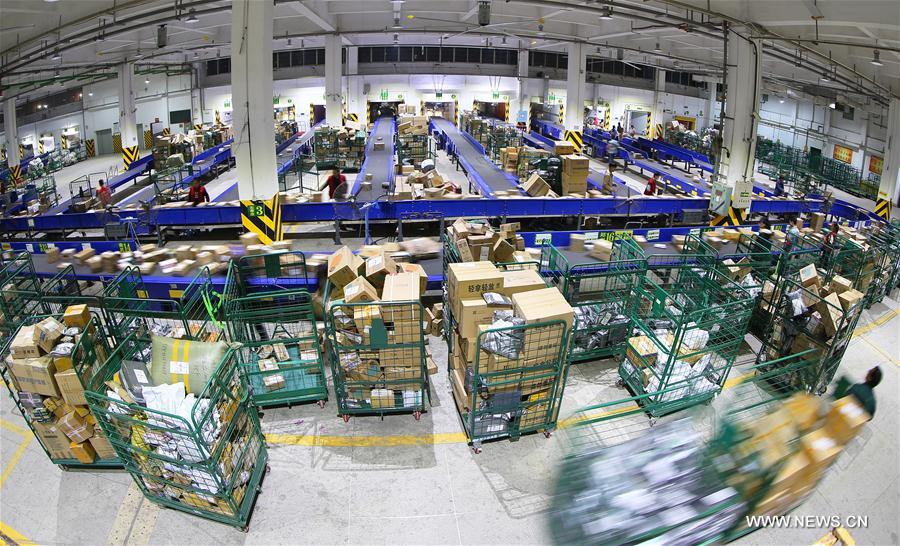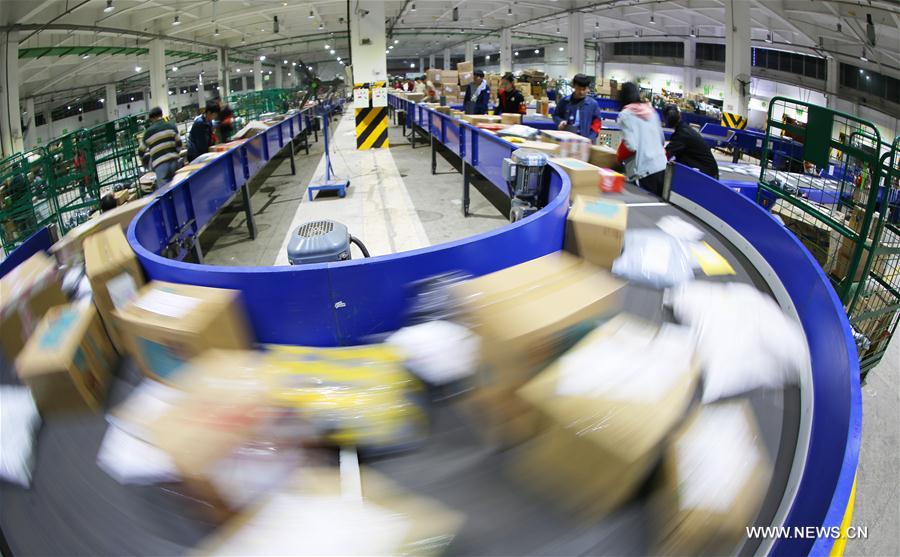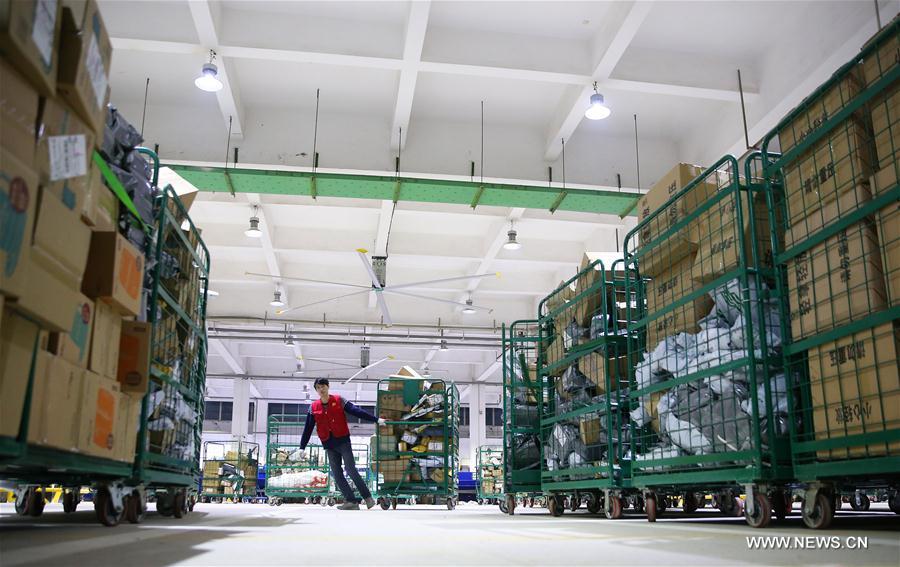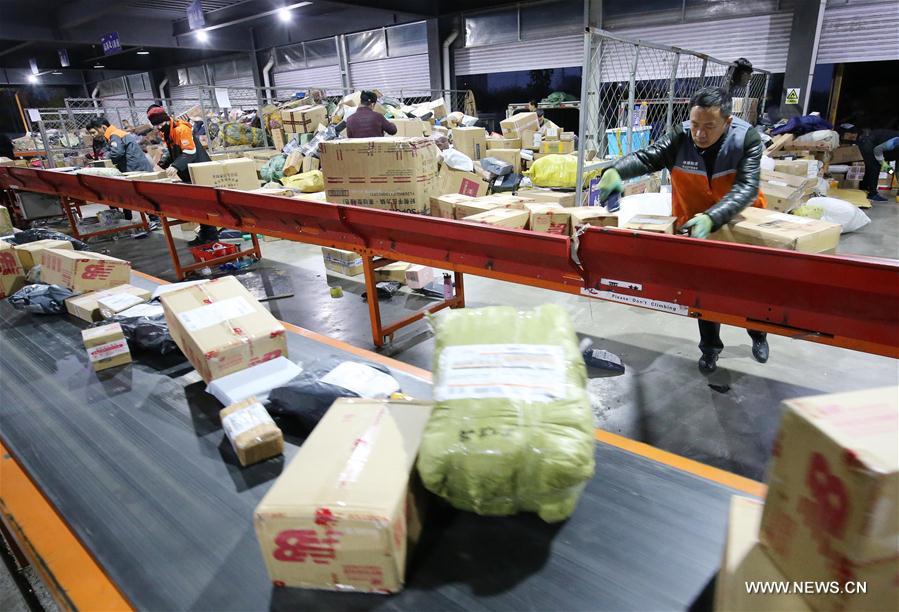I don’t know, I think low skilled jobs like delivery drivers will be some of the first jobs to go.
Already, you have the likes of Amazon trialling driverless trucks and drones. While there are already drone operated warehouses in operation today.
With improvements in technology, it may well not be long until we get to a point where bulk deliveries gets taken from ports/factories/etc by large automated trucks, to be sorted by drones, and then loaded into driverless delivery trucks that have drone hangers, so the truck drives to a parking spot optimised by software, and send out its fleet of drones to deliver packages to all the customers in the area, then drives to another optimised point to service the next sector and so on.
It will start with small sized, high value packages, but as drone and battery technologies improve, it will probably proliferate to cover larger and more general items, with the niche area between driverless trucks and drones shrinking all the time until there is pretty much no in-between for human drivers.
After the public has gotten used to seeing driverless delivery vehicles and there are sufficient statistics built up to show how much safer automated vehicles are compared to human drive, we will probably see a rapid acceptance of driverless, with huge spikes in both driverless private vehicles and driverless taxis.
There may well be some overlap and government schemes to get private owners to rent out their driverless cars as taxis when not in use on environmental grounds. For example, in Beijing, they could either grant exemptions to the licence plate restrictions on which days you can use your car if you rent it out; and/or they could add a point based system where you are given extra days of private use for how many miles your vehicle serves as a taxi.




